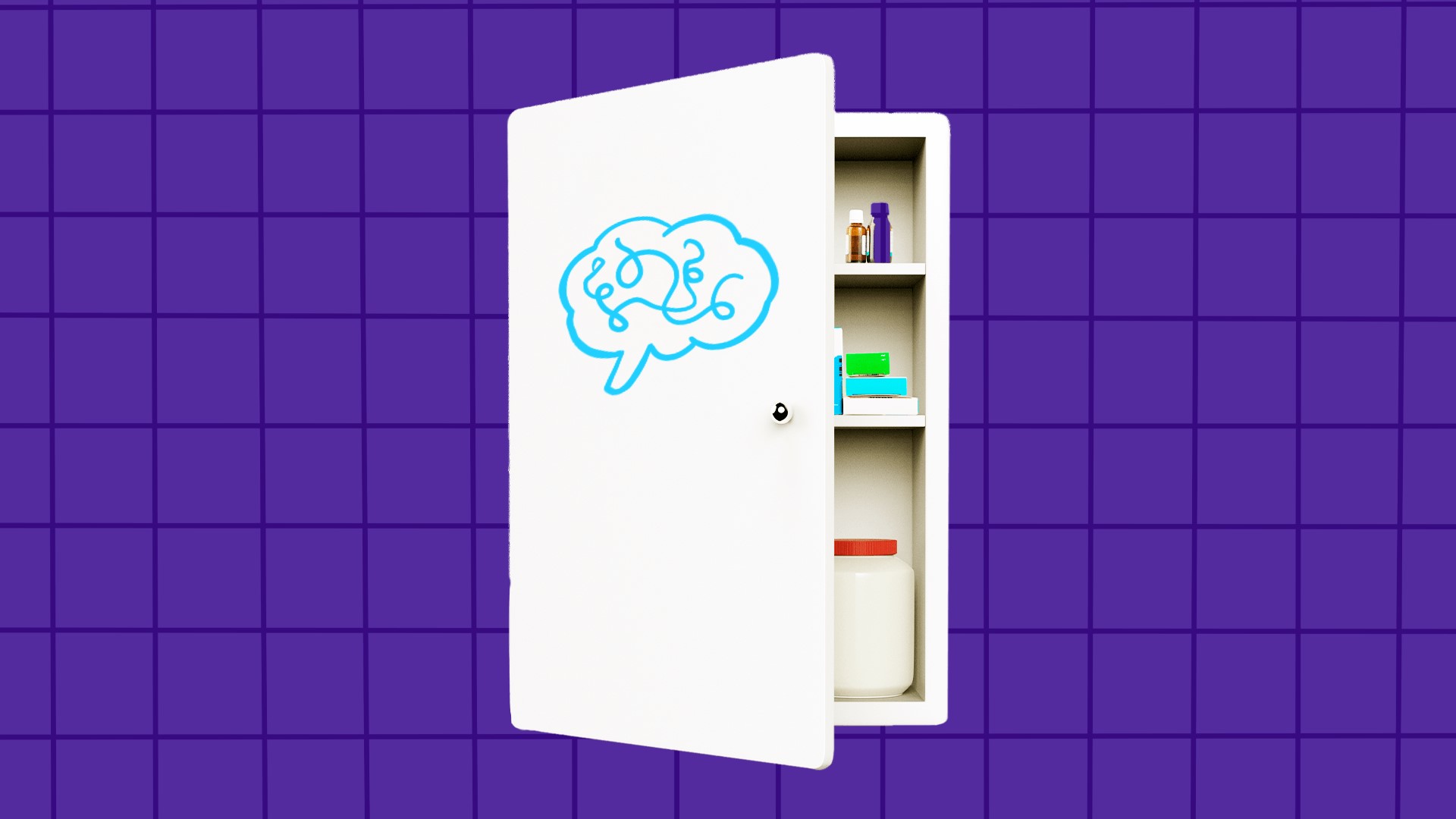
Migraine is a debilitating neurological condition that affects millions of people worldwide. While the exact cause of migraines is not fully understood, various medications are available to help manage and alleviate the symptoms. Understanding the different types of migraine medications, their mechanisms of action, and potential side effects is crucial for individuals living with migraines and healthcare professionals involved in their care. In this article, we will explore 12 essential facts about migraine medications, shedding light on the diverse options available for migraine management. Whether you are seeking relief from migraines or aiming to expand your knowledge in the field of medicine, this comprehensive guide will provide valuable insights into the world of migraine medications. Let's delve into the fascinating realm of migraine treatment and discover the key facts that everyone should know.
Key Takeaways:
- Migraine medications come in different types, like pain-relievers and preventive medications, to help reduce the severity and frequency of migraines, providing much-needed relief for those who suffer from them.
- It’s important to communicate any side effects and changes in symptoms to healthcare providers, as personalized treatment plans and ongoing communication are vital for effective migraine management with medications.
Migraine Medications Can Provide Relief
Migraine medications are designed to alleviate the symptoms of migraines, which can be debilitating for those who suffer from them. These medications work in various ways to reduce the severity and frequency of migraines, offering much-needed relief to individuals experiencing these intense headaches.
Understanding the Types of Migraine Medications
There are several types of medications used to treat migraines, including pain-relievers, preventive medications, and rescue medications. Each type serves a unique purpose in managing migraines and may be prescribed based on the frequency and severity of the individual's migraines.
Pain-Relievers Offer Immediate Relief
Pain-relievers, such as ibuprofen, aspirin, and acetaminophen, are often used to alleviate the pain associated with migraines. These medications are typically taken at the onset of a migraine to help reduce discomfort and enable individuals to resume their daily activities.
Preventive Medications Aim to Reduce Migraine Frequency
For individuals experiencing frequent migraines, preventive medications may be prescribed to reduce the frequency and severity of these episodes. These medications are taken regularly, even when the individual is not experiencing a migraine, to help prevent their onset.
Rescue Medications Provide Rapid Relief During Migraines
In cases where migraines are severe or prolonged, rescue medications, such as triptans, may be prescribed to provide rapid relief. These medications are designed to alleviate the symptoms of a migraine as soon as it begins, offering much-needed relief to the individual.
Triptans Target Migraine Symptoms
Triptans are a specific class of medications that target the symptoms of migraines, such as pain, nausea, and sensitivity to light and sound. By addressing these symptoms directly, triptans can help individuals manage the effects of a migraine more effectively.
Overuse of Medications Can Exacerbate Migraines
While medications can provide relief, overuse of certain medications, such as pain-relievers, can lead to medication-overuse headaches, which may exacerbate migraine symptoms. It is essential for individuals to use migraine medications as directed by their healthcare provider to avoid this potential complication.
Lifestyle Changes Can Complement Medication Treatment
In addition to medications, lifestyle changes, such as stress management, regular exercise, and adequate sleep, can complement the effectiveness of migraine medications. These holistic approaches can contribute to overall migraine management and reduce the reliance on medications alone.
Medication Side Effects Should Be Monitored
Like all medications, migraine medications may have potential side effects that should be monitored. It is important for individuals to communicate any adverse effects to their healthcare provider to ensure the most suitable and effective treatment plan.
Personalized Treatment Plans Are Essential
Given the diverse nature of migraines and individual responses to medications, personalized treatment plans are essential. Healthcare providers may need to adjust medications and dosages to tailor treatment to each individual's unique needs and responses.
Ongoing Communication with Healthcare Providers Is Vital
Maintaining open communication with healthcare providers is vital for individuals managing migraines with medications. This ensures that any changes in symptoms or medication effectiveness are promptly addressed, leading to optimized migraine management.
Research and Development Drive Advancements in Migraine Medications
Ongoing research and development in the field of migraine medications drive advancements in treatment options. New medications and therapeutic approaches continue to emerge, offering hope for improved migraine management in the future.
Conclusion
In conclusion, understanding the diverse landscape of migraine medications is crucial for individuals navigating this challenging condition. From preventive to acute treatments, the array of options reflects the complexity of migraine management. Patients should work closely with healthcare providers to identify the most suitable medication based on their unique symptoms and medical history. It's essential to stay informed about potential side effects and interactions, and to adhere to prescribed regimens for optimal efficacy. With ongoing research and advancements, the future holds promise for improved therapies and enhanced quality of life for those affected by migraines.
FAQs
What are the common side effects of migraine medications?
Common side effects of migraine medications may include drowsiness, dizziness, nausea, dry mouth, and constipation. It's important to discuss potential side effects with a healthcare provider to effectively manage them.
Can I take over-the-counter pain relievers along with prescription migraine medications?
It's crucial to consult a healthcare provider before combining over-the-counter pain relievers with prescription migraine medications to avoid potential interactions or adverse effects. Always follow the guidance of a medical professional when using multiple medications simultaneously.
Was this page helpful?
Our commitment to delivering trustworthy and engaging content is at the heart of what we do. Each fact on our site is contributed by real users like you, bringing a wealth of diverse insights and information. To ensure the highest standards of accuracy and reliability, our dedicated editors meticulously review each submission. This process guarantees that the facts we share are not only fascinating but also credible. Trust in our commitment to quality and authenticity as you explore and learn with us.
